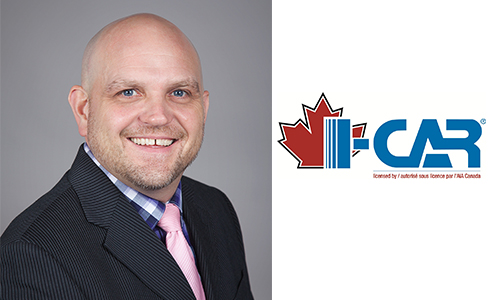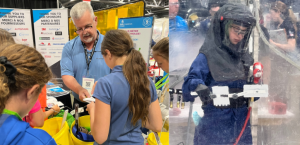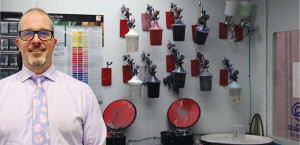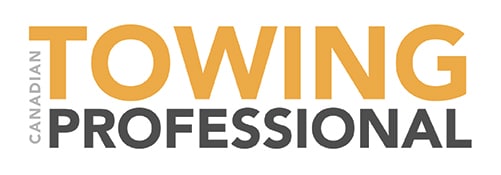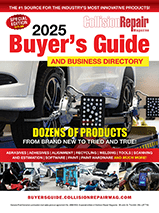By Erin McLaughlin
Toronto, Ontario — January 3, 2018 — I-CAR reported last month that under certain conditions, repairers can spot-weld Nissan vehicles as an alternative to plug welds. This report on Nissan is part of the “Ask I-CAR” program, which I-CAR describes as an effective way to get answers from OEMs on technical questions that are not made clear from the stated repair procedures. “Ask I-CAR” is free to access for Canadians, and the RTS is free to basically any shop or tech that engages in, or conducts training programs.
According to Nissan’s response to I-CAR, if the spot welding arms can reach, the steel is 980 MPa or lower, and the spot welder parameters (found in the vehicle-specific BRM) are followed, then spot welding may be practiced instead of the plug welds that are shown in the repair instructions.
According to Repairer Driven News, Nissan’s position on spot welding is comparable to that of General Motors, which prior to 2018 had allowed, and even preferred, shops to use spot welding. In 2017, GM stated it would demand shops use an approved spot welder rather than plug welding in many repairs of 2018 and later vehicles.
Jason Bartanen, Director, Industry Technical Relations, I-CAR, said Ask I-CAR can help clarify questions autobody technicians and shop owners have regarding OEM repair procedures.
Individuals contact Ask I-CAR with their inquiry, and the question and accompanying response are then posted publicly. “We realize that if one person has a question, other people may have the same question,” said Bartanen. They receive roughly 400 new questions a month, and currently have over 50,000 pages of content.
“It’s a valuable resource for saving time and energy trying to find information yourself,” Bartanen said.
If you’re interested in exploring more of OEMs previous answers to I-CAR’s questions, please visit I-CAR’s Repairability Technical Support portal at rts.i-car.com/ask-i-car.html.





